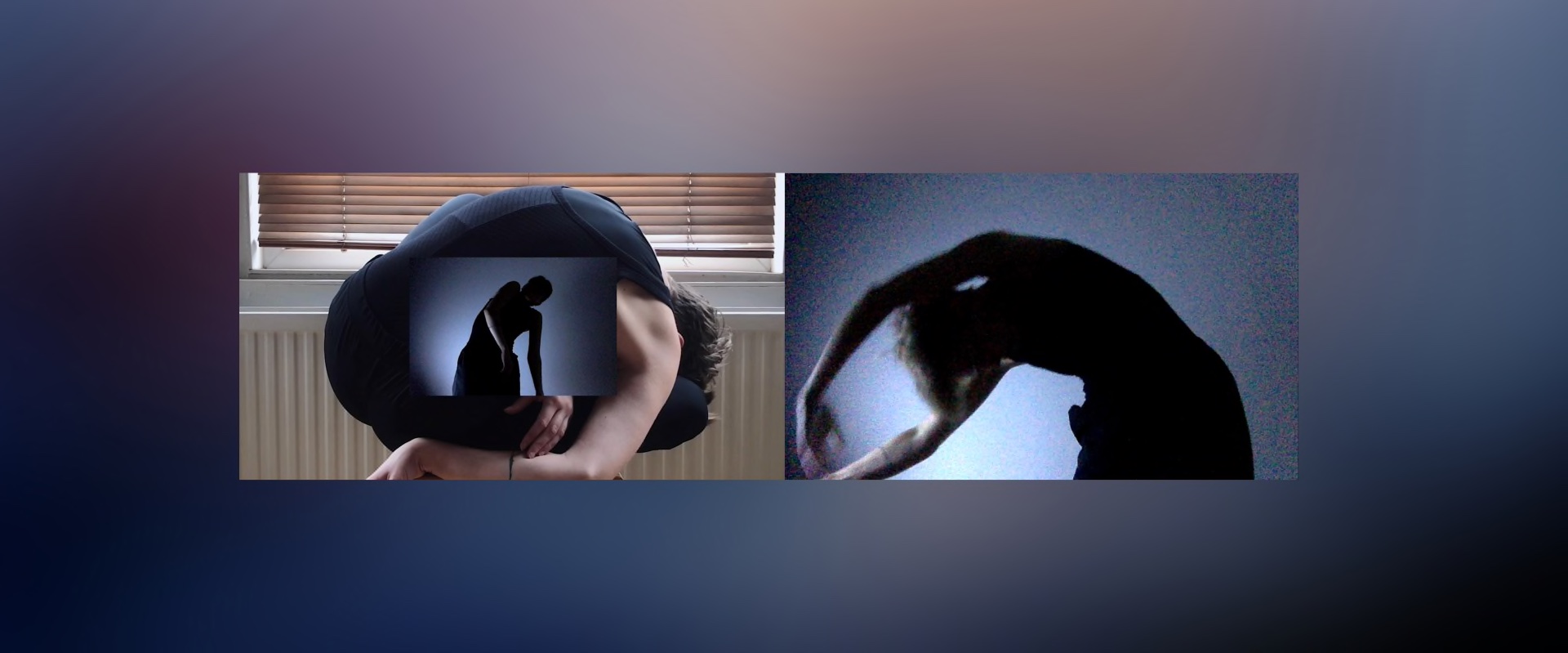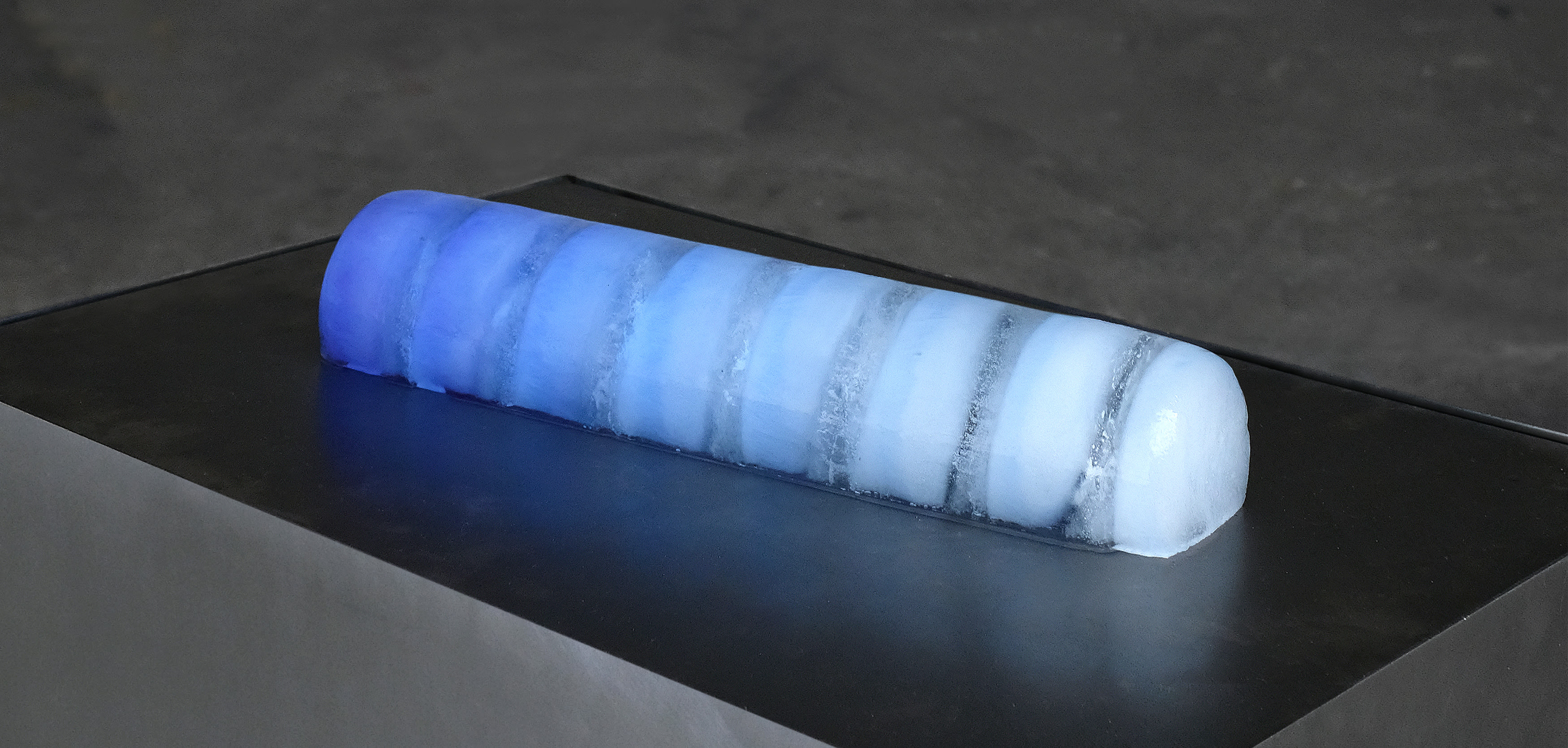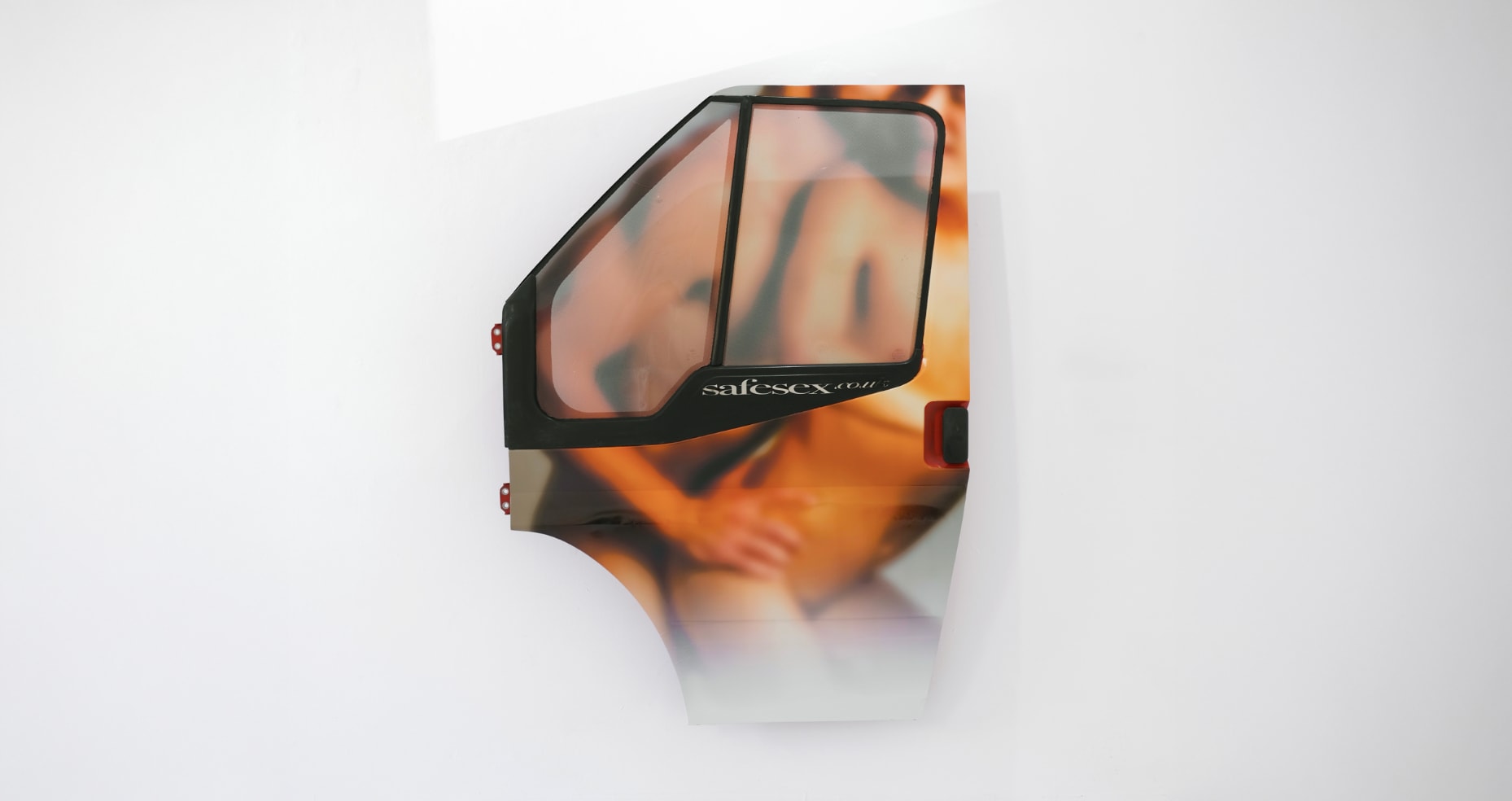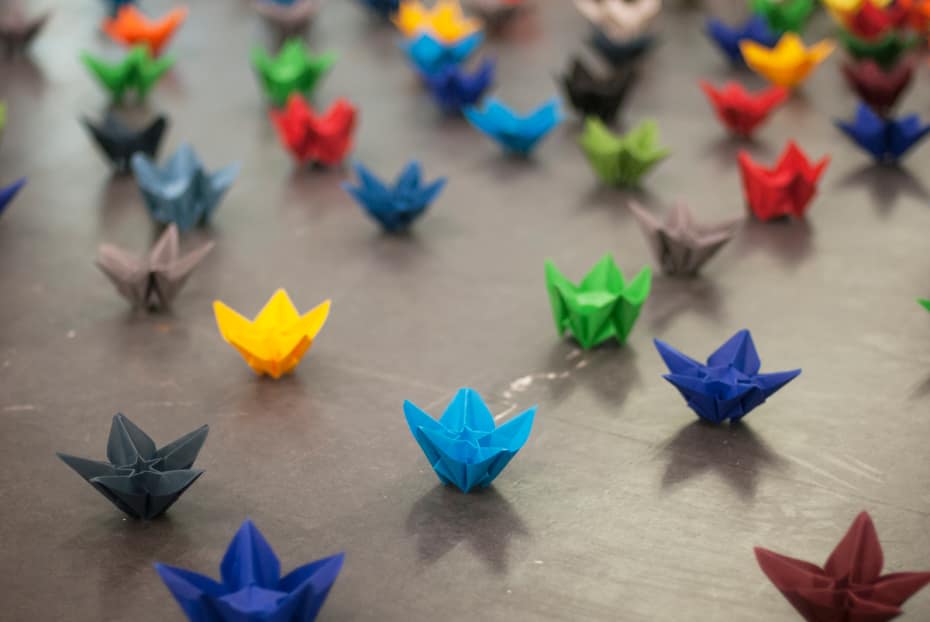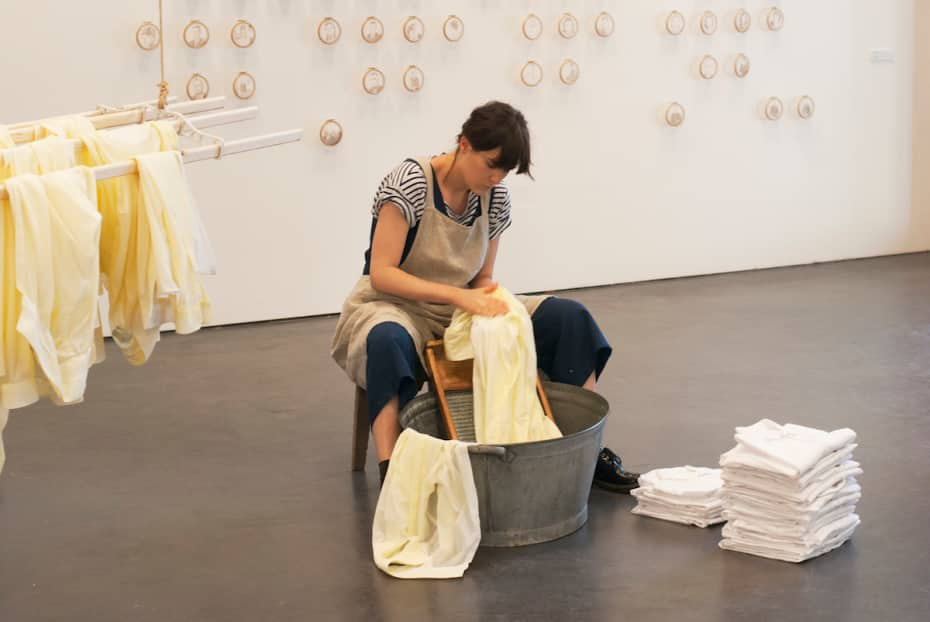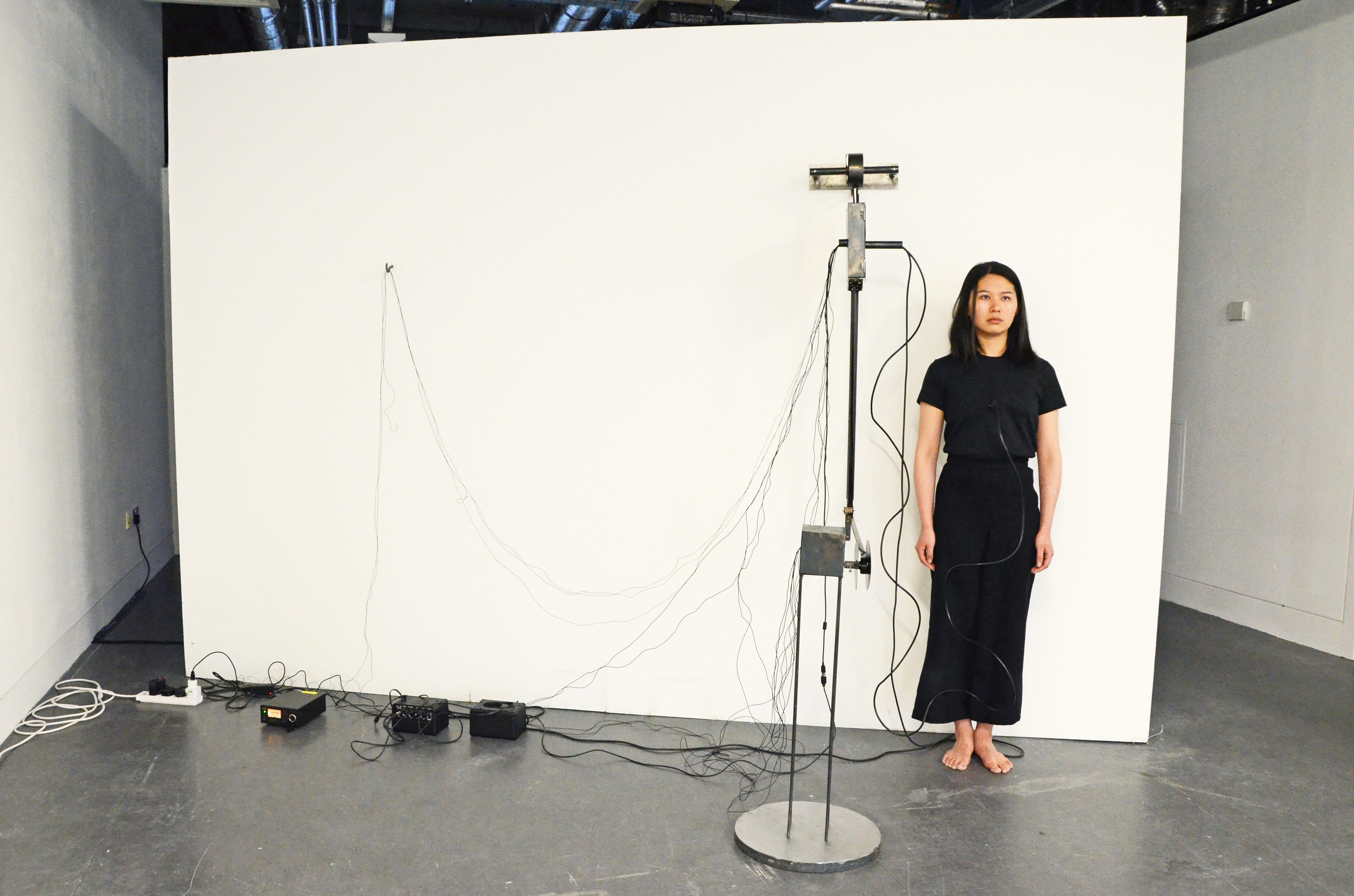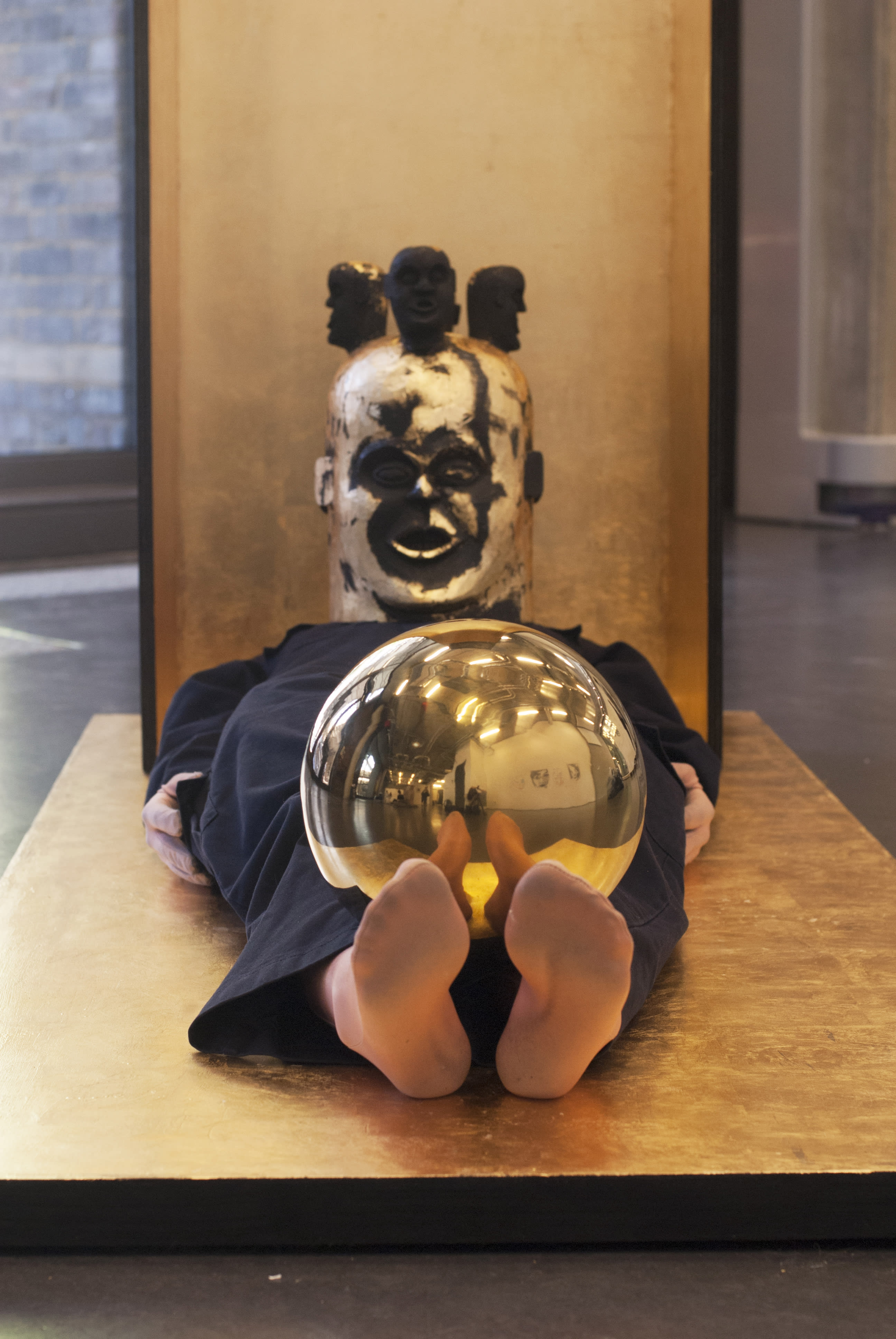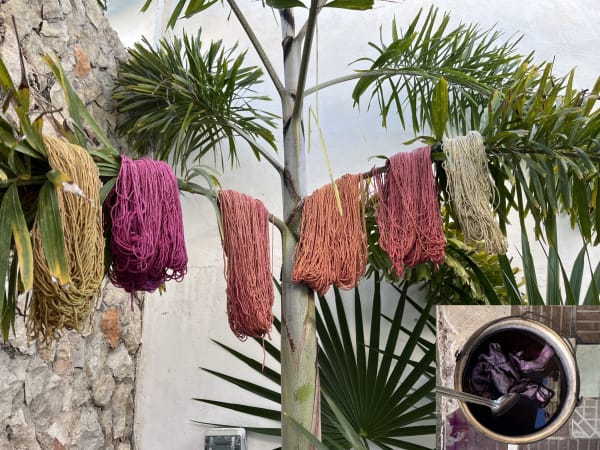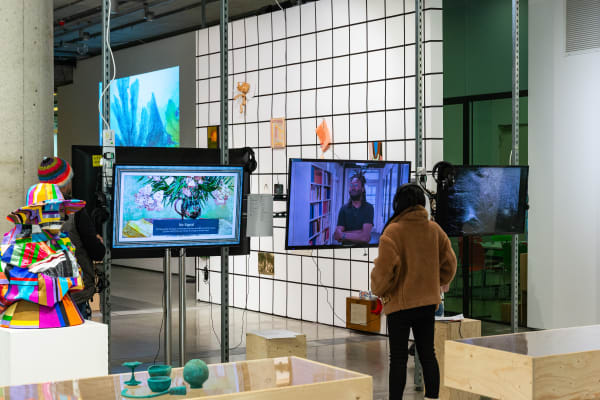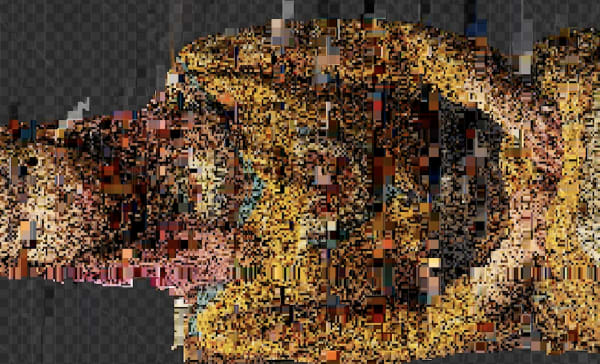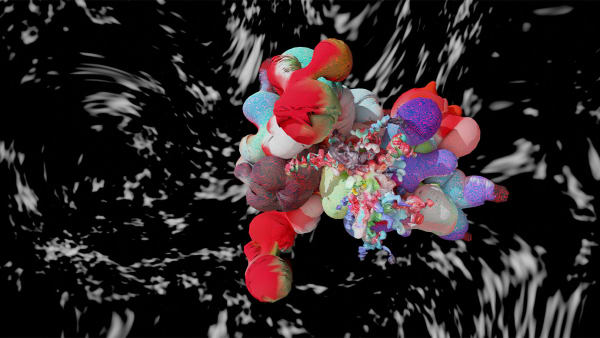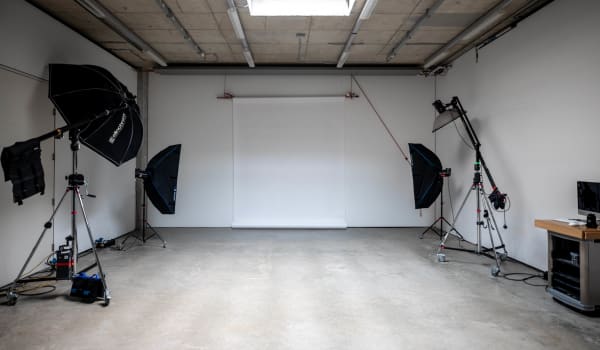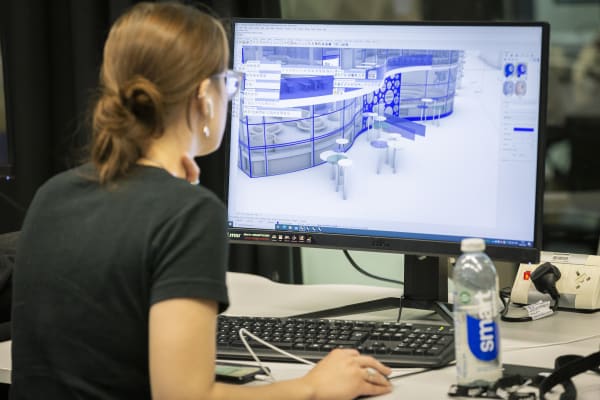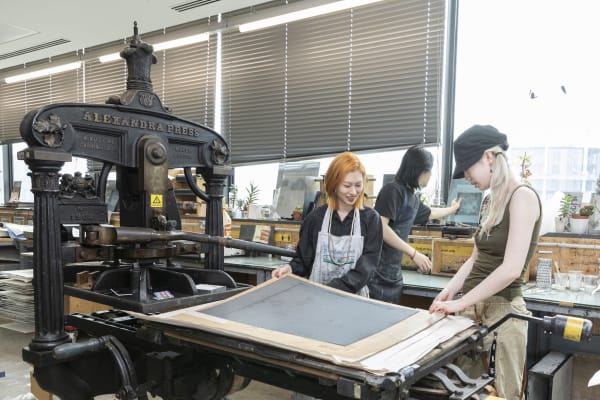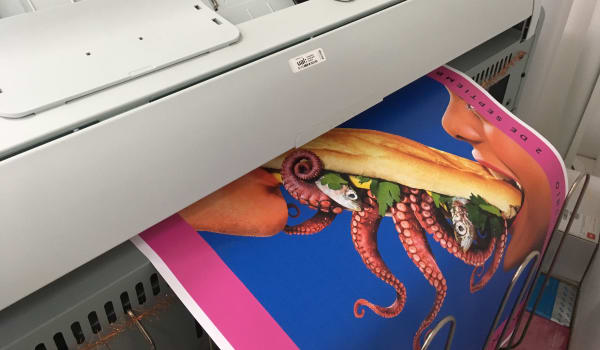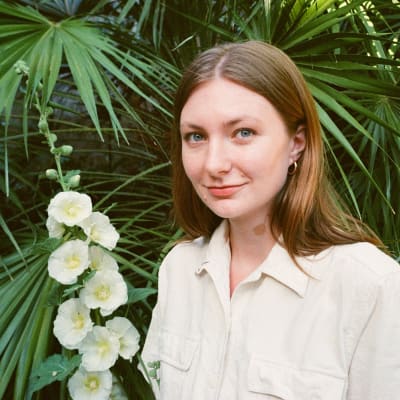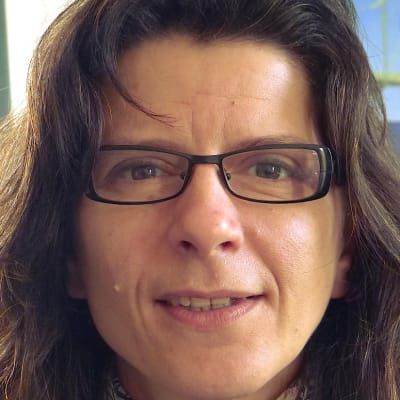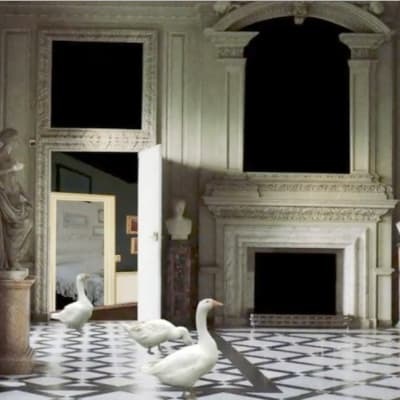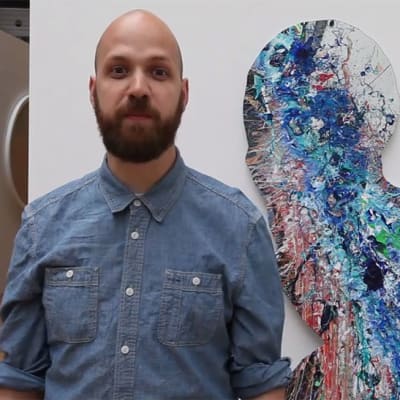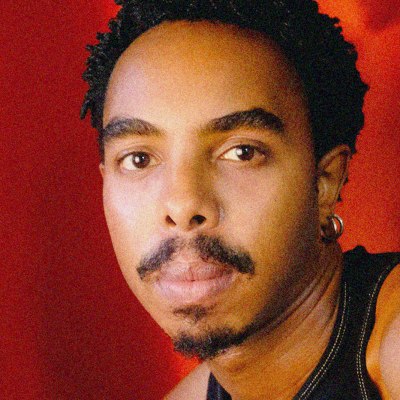Course units
MA Contemporary Photography and Theory is structured around four assessed units, each of which include teaching events (including personal tutorials, group critiques, lectures, workshops, inductions, and public facing events) to facilitate the development of your thinking and practice. Throughout the course you will also be expected to engage in independent practice and research. The four units build on each other, and are supported by a range of specialist staff and guest lecturers.
In Year 1 of the course, teaching is more intensive, and group work submerges you in the development of your practice. Year 2 continues with an emphasis on independent study, as your practice evolves towards exhibiting in the Showcase.
Unit 1: Exploring Practice and Research
In Unit 1 we explore different ways of practicing. Through a weekly taught seminar, you will be introduced to key histories and concepts relating to photography: not just as a medium, but as an idea. By ‘thinking photographically,’ we will explore what it means to make images across different mediums, establishing a critical context for the development of your own practice. You will begin to carve out your own independent research interests, supported by tutorials, installs and group critiques.
Unit 2: The Collaborative Unit
This unit provides opportunities for cross-course creative and collaborative practices in relation to global challenges. The unit explores a range of thematic, experimental, and applied approaches to cross-disciplinary research, enquiry, and knowledge exchange. The aim is to establish a framework for co-operation and social responsibility across the College in relation to our shared values.
Unit 3: Developing Practice and Research
In Unit 3, you will continue to develop your research interests and to articulate how your practice is positioned against them. This is a largely self-led unit, supported by tutorials, seminars, and an academic tutor who will oversee the progression of your independent research. The unit culminates with the submission of a research paper, which will inform the continuing development of your work and focus your practice as you begin Unit 4.
Unit 4: Realisation of Practice and Research
In Unit 4, you will be supported to create a cohesive body of work, building from your research interests and practice to date. Professional development events will enhance how you position your work in relation to an audience, and prepare you for life after graduation. Unit 4 culminates with the Showcase, a public facing exhibition which all students participate in.
Teaching Events
Lectures and Seminars take place throughout the two years of study. The Y1 seminar programme will help you position and contextualise your practice. Postgraduate lectures offer the opportunity for all members of the MA-level Art Programme to meet for debate and engage with contemporary issues that are shared by all disciplines. Events organised by the Art Programme will give you the opportunity to hear from visiting artists, and to enhance your professional practice.
Group tutorials will allow you to discuss and develop your practice in conversation with peers and staff.
Personal tutorials are held with different members of staff. They are an opportunity for you to share developments in your practice and research, and to receive direct feedback.
Group installs and crits are held across the two years. These are an important opportunity for you to share and critique your work with peers and tutors, to learn how to install your work, and to test it physically in different spaces.
Workshops and technical inductions help support your use of the designated Art Programme facilities in the College. Alongside inductions arranged by the course, you are encouraged to independently engage with these spaces where additional support is available within the workshops.
Independent, collective, and collaborative work. An important emphasis of the course is self-organisation and co-operative working. As you develop more independence over the course, you will also have opportunities to engage with a variety of projects or practices that involve a level of collaboration and co-operation.
Exhibitions and public facing events. There are a number of publicly facing exhibitions and events during the two years. These opportunities bring together students from across the Central Saint Martin’s Postgraduate Art programme and include the Interim Show (Year 1), Editions (Year 2), and the Showcase (Year 2). These events depend on students’ collective participation.
- Interim Show provides you with opportunities for sharing practice and experience with the broader post-graduate community across the art programme. It creates an opportunity to test your ideas and consider audience engagement with your developing work.
- Editions is an annually changing public-facing event which gives you direct experience of commercial enterprise. Based on the format of an edition, each student will produce a number of prints which will be for sale. All second-year students contribute to the preparation and running of the event. Proceeds contribute to further student Showcase activities.
- Showcase takes place at the end of the course and is an opportunity to show your work publicly. The exact format and location is determined each year.
Additional opportunities: optional, extra-curricular opportunities that arise will be advertised to all students on the course. These might include additional opportunities to expand and develop your practice, such as exhibitions and publications, interdisciplinary partnerships, and site-specific events in both real and virtual environments.
Students are encouraged to independently engage with opportunities for further collaborations, project work, exhibitions, and research outside of the course, programme, or college, but must however inform their tutor and Course Leader and ensure it does not affect their ability to engage with the course.
Important note concerning academic progression through your course:
If you are required to retake a unit you will need to cease further study on the course until you have passed the unit concerned. Once you have successfully passed this unit, you will be able to proceed onto the next unit. Retaking a unit might require you to take time out of study, which could affect other things such as student loans or the visa status for international students.
CSM Academic Support is delivered by a team of academics and practitioners working alongside your course to help you progress and achieve your maximum potential as a student. Academic Support can help you to develop your skills in different areas, including critical thinking, research and writing, time management, presentations and working independently and collaboratively. These may be offered as part of your timetabled classes or as bookable tutorials and workshops.
Mode of study
MA Contemporary Photography and Theory is offered in extended full-time mode which runs for 60 weeks over two academic years. You will be expected to commit 30 hours per week to study, which includes teaching time and independent study. The course has been designed in this way to enable you to pursue your studies while also undertaking part-time employment, internships or care responsibilities.
Credit and award requirements
The course is credit-rated at 180 credits.
On successfully completing the course, you will gain a Master of Arts (MA degree).
Under the Framework for Higher Education Qualifications, an MA is Level 7. All units must be passed in order to achieve the MA but the classification of the award is derived from the marks for the second and third units.
If you are unable to continue on the course, a Postgraduate Certificate (PG Cert) will normally be offered following the successful completion of 60 credits, or a Postgraduate Diploma (PG Dip) following the successful completion of 120 credits.
